The Art of Love Confessions in Japan
"Kokuhaku", a matter of the heart tradition in Japan.
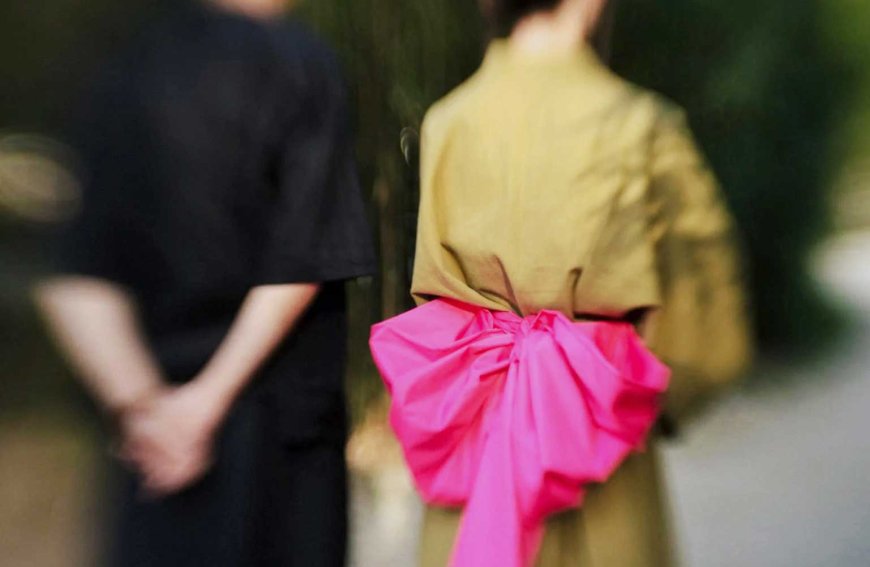
The Essence and Impact of Kokuhaku
Love confession, known as "kokuhaku" (告白) is an integral part of love and relationships in Japan. Rooted in cultural traditions and societal norms, the process of kokuhaku embodies both vulnerability and courage, as individuals express their feelings and intentions to embark on a romantic journey. Understanding the significance of kokuhaku and its influence on the dating landscape in Japan provides valuable insights into the art of love confessions in Japanese society.

In Japan, kokuhaku refers to the act of confessing romantic feelings to someone with the hope of beginning a romantic relationship. Unlike in some cultures where subtle hints and non-verbal cues often play a role in courtship, kokuhaku is a straightforward and explicit expression of love. It is considered an essential step in the process of initiating a romantic relationship, as it lays bare one's emotions and intentions.
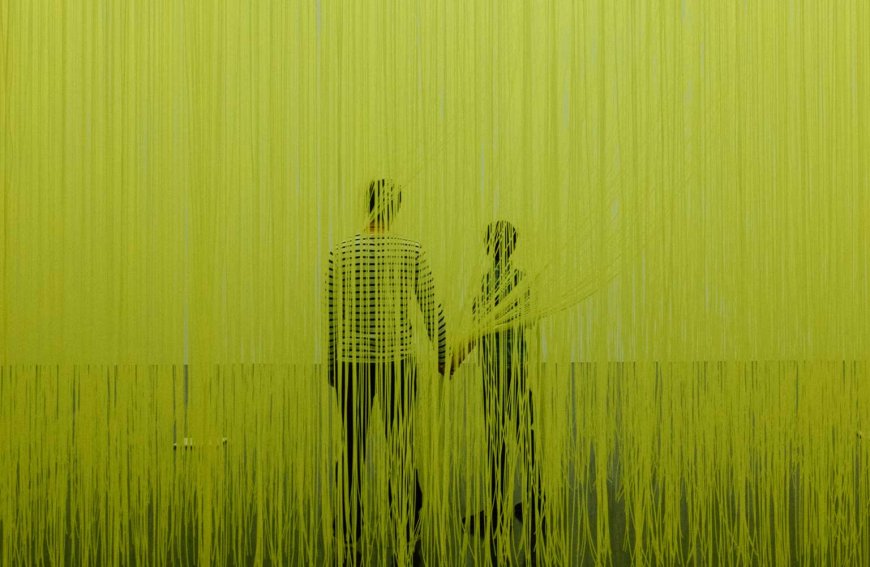
Kokuhaku is rooted in the Japanese concept of "honne" and "tatemae," which represent one's true feelings and public facade, respectively. The act of kokuhaku embodies the courage to reveal one's honne, making it a deeply personal and emotionally charged experience.

Timing plays a crucial role in the art of kokuhaku. Some individuals may choose to confess their feelings after developing a close friendship, while others may opt for early expressions of love. In the context of school or workplace relationships, kokuhaku might be made after a prolonged period of getting to know each other.
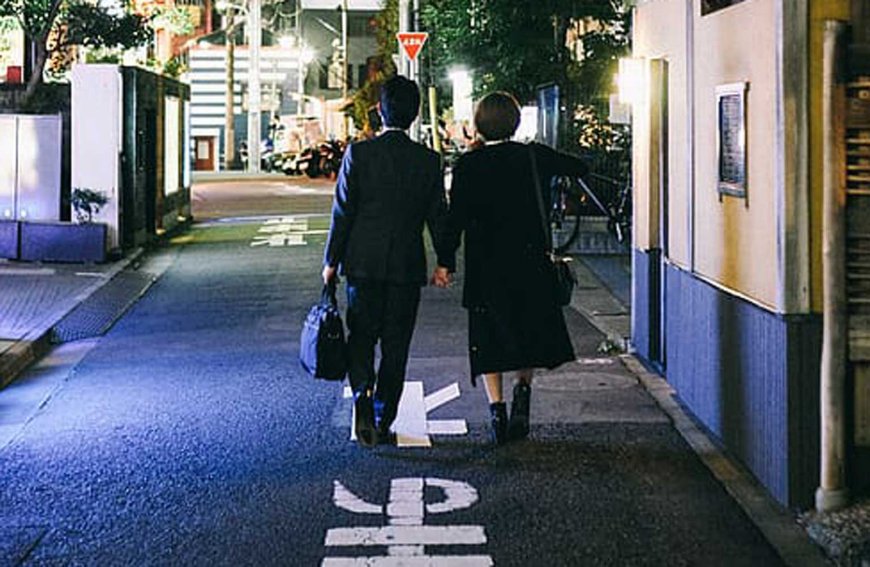
Many Japanese people prefer to confess their feelings during special occasions, such as Christmas, Valentine's Day, or White Day (a day when men reciprocate gifts to women). These events create an atmosphere of romance and offer an ideal backdrop for love confessions.
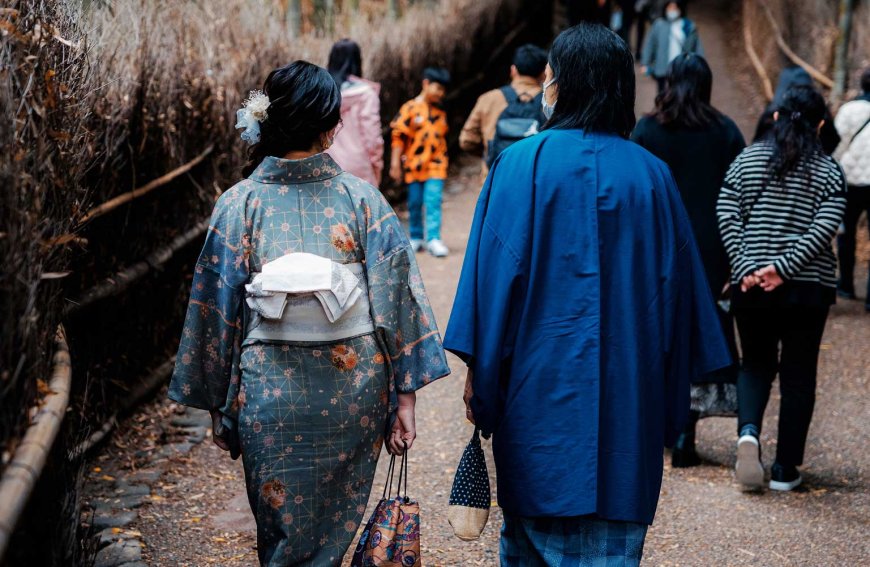
The response to a kokuhaku can be a defining moment in a relationship. The person on the receiving end has the option to accept or decline the confession. While a positive response leads to the beginning of a romantic relationship, a negative response does not necessarily mean rejection forever. Some individuals may appreciate the honesty and sincerity of the confession but prefer to take more time before committing to a relationship.

The nuances of the response are often communicated through non-verbal cues or indirect language. For instance, phrases like "I'll think about it" (考えておく - kangaete oku) or "I need more time" (もっと時間が欲しい - motto jikan ga hoshii) may indicate a cautious interest. Regardless of the response, maintaining dignity and respect for the other person's feelings is considered crucial.

As Japan embraces modernity and global influences, the art of kokuhaku has also evolved. In contemporary Japan, love confessions are not solely limited to one gender initiating the process. Both men and women are increasingly expressing their feelings to potential partners, breaking away from traditional gender roles.
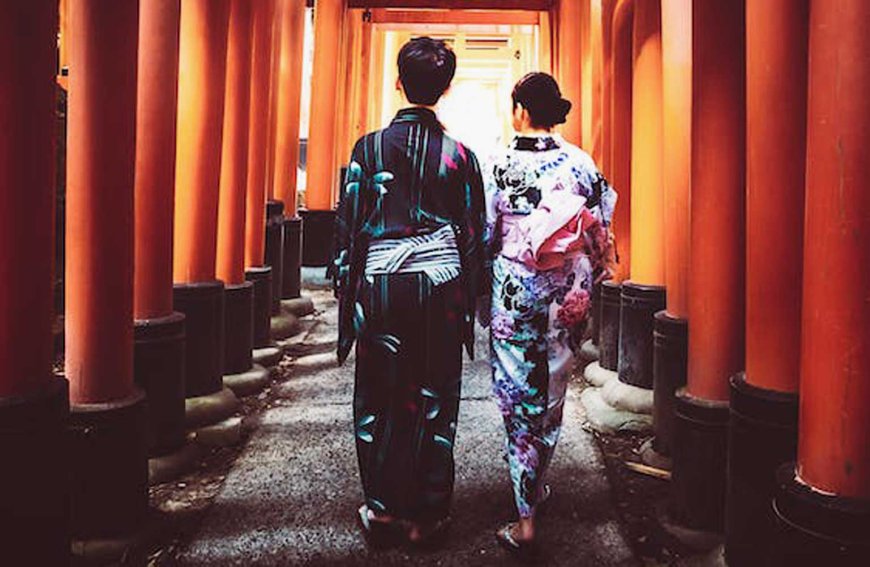
Furthermore, the influence of technology and social media has also impacted dating practices. Online dating platforms and social networking sites offer new avenues for meeting potential partners and expressing affection.

Kokuhaku, the art of love confessions in Japan is a beautiful and cherished tradition that embodies the vulnerability and sincerity of human emotions. This cultural practice, deeply rooted in the concept of honesty and courage, plays a significant role in initiating relationships and exploring the potential for love. As Japan continues to embrace modernity, the essence of kokuhaku remains an essential aspect of its dating landscape, reminding us of the timeless beauty of authentic expressions of affection.
Find Cheap Flight Tickets to any Destinations in Japan and the Philippines
Nipino.com is committed to providing you with accurate and genuine content. Let us know your opinion by clicking HERE.































































